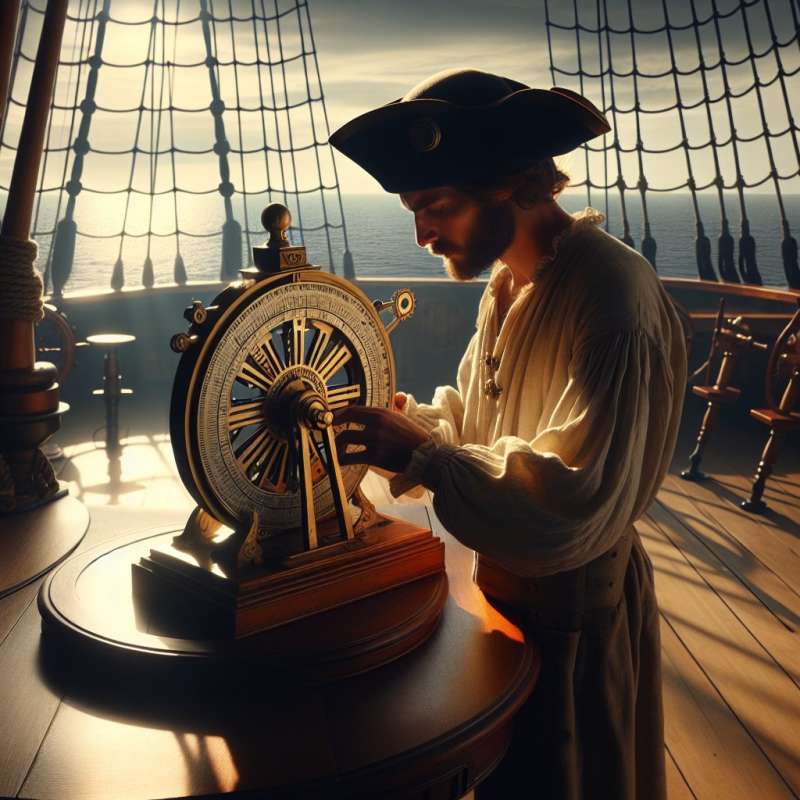
Introduction to Chronometers
A chronometer is a highly accurate timepiece, rigorously tested and certified for precision. Unlike regular watches, chronometers meet specific standards set by official institutions like the COSC in Switzerland.
Historical Significance
Chronometers played a crucial role in maritime navigation. In the 18th century, accurate timekeeping allowed sailors to determine longitude at sea, revolutionizing naval travel and trade.
Stringent Certification Process
For a watch to be certified as a chronometer, it must pass rigorous tests, including functioning accurately under different temperatures and positions. Only about 3% of Swiss watches earn this certification.
Impact on Modern Watchmaking
The development of chronometers pushed advancements in watchmaking technology, leading to innovations like the tourbillon, which counteracts the effects of gravity on watch accuracy.
Surprising Fact: Space Use
Chronometers are not just for Earth; they have also been used in space missions. NASA's Apollo program, for example, relied on highly accurate chronometers for critical mission timing.Most Expensive Chronometer
The most expensive chronometer ever sold was a Patek Philippe Grandmaster Chime, auctioned for $31 million in 2019.
What certifies a chronometer?
COSC in Switzerland
NASA's Apollo program
18th-century sailors
Company